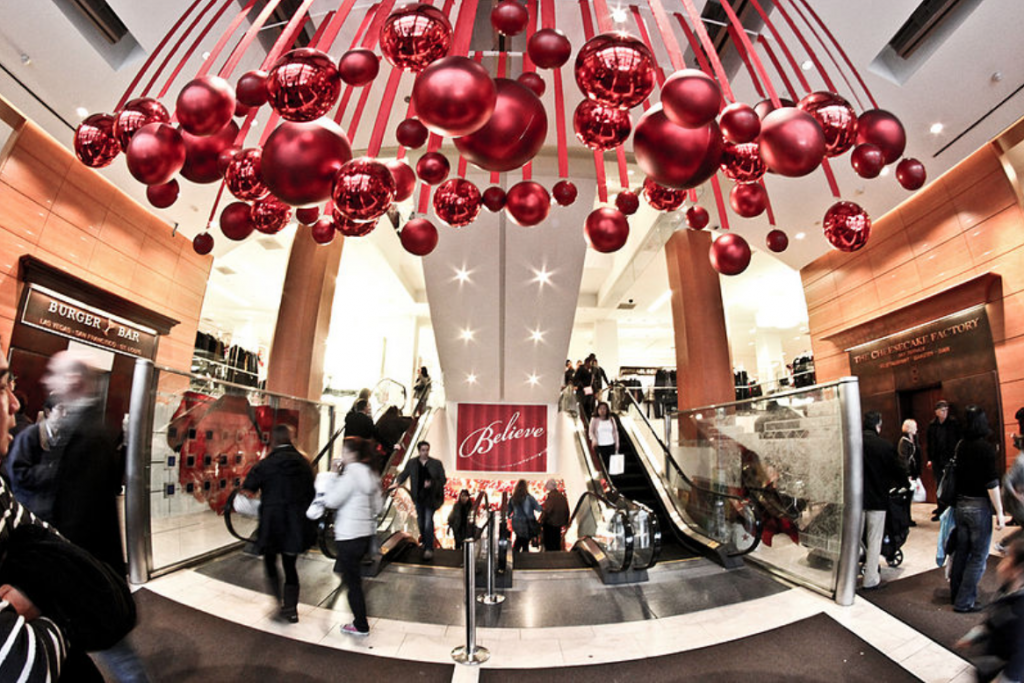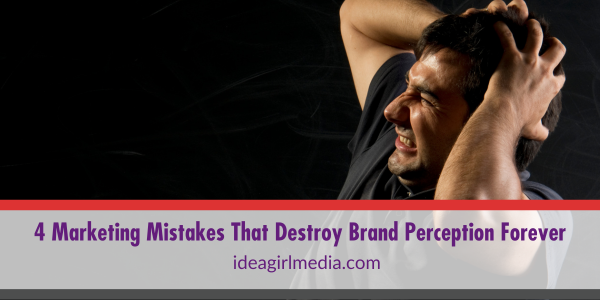Why is brand perception important?
Why is brand perception important? The way your customers view your company is directly related to the potential growth of your business. Customer loyalty, repeat sales, willingness to share with others - All affected by this...
Do you want to avoid turning consumers against your brand and nurture a positive brand perception? Avoid these pitfalls.
In 2023 and beyond, brands should do everything they can to foster customer loyalty. New sales are fuel to a company's success. But in focusing there, are leaders overlooking their primary source of income?
According to Edelman's research, 17% of American customers are willing to modify their purchasing habits in response to a brand's policies or opinions on problems. Consumer boycotts are a common way for people to voice their dissatisfaction with corporate practices. The magazine, Ethical Consumer, reported more than 50 ongoing large-scale consumer boycotts at the start of 2018.
To find out what brands can do to encourage customers loyalty, we compiled a list of red flags consumers look for and recommended solutions. Here are four marketing mistakes that destroy brand perception forever.
1. Product Inauthenticity
People are intelligent. They can tell when you're just saying nice things without actually caring.
People are looking for connection. They want to connect with your company's larger goals. When they have a problem, they want to feel understood. Customers want to know you genuinely care about them.
Strive for authenticity in your customer and client service. Have a distinct brand voice strategy. Before you act to release new products or services, survey your customers and listen to their problems.
2. Inconsistent Quality Or Service
Quality is one of the most important factors influencing customer choice. A successful brand usually indicates the company provides exceptional customer service and have a high level of customer satisfaction. This is not possible unless the quality of its products and services is maintained.
No consumer wants a product or service that fails a few days after purchase. Consumers assess the quality of products and services using various criteria, such as:
- Material
- Software
- Hardware
- Look and feel
- Ease of use
And so on.
In short, sell good products. Don't try to cut corners on materials or staff merely to save a few coins.
A faulty product or service can have a long-lasting negative impact on brand perception. A surefire way to lose customers. We've discovered that businesses that provide after-sales and after-care follow-up and provide excellent customer service tend to be popular with customers.
Excellent customer service promotes your company and encourages repeat business because satisfied customers will willingly promote your company and products to their family and friends.
3. Cause Positions And Brand Perception Examples
Taking a stand on political and social issues is unquestionably part of humanizing your brand. However, will that stance have a positive or negative impact on brand perception? According to a May 2017 American Association of Advertising Agencies report, 58% of consumers dislike brands and marketers taking political stands.
The following month, the American Marketing Association took a similar stance, claiming that while engaging in politics may strengthen brand loyalty, it stifles business growth beyond core customers.

During the previous administration, dozens of companies including:
- Nordstrom
- MillerCoors
- Amazon
- NASCAR
Were targeted for boycotts attributing ties to or support for former President Donald Trump. Macy's has been chastised on both sides, first for withdrawing Trump-branded merchandise, and then for not withdrawing Ivanka Trump's products.
The safest bet for any brand is to completely ignore politics. Unfortunately, consumers are now targeting brands that do not take a position on socio-political issues. For that reason alone, you should only consider or prepare to take a position on issues that affect the well-being of your target markets and the general public.
4. Impersonality
What comes to mind when you think of your most memorable brand experience? Something that felt personal to you most likely left a lasting impression.
Personalization is an essential component of branding. Without it, no business can really thrive in today's highly connected, competitive market.
Personalization is more than just a nice thing when doing business. Personalized experiences:
- Increase brand loyalty
- Improve customer satisfaction
- Help people remember your company
According to recent research, 80 percent of consumers are more likely to purchase from a brand that provides personalized experiences.
It's simple: if you want to stand out, you must be distinct. Your customers, like you, want to stand out, and the best way to do that is offering product customization. Adding personalization options to your product line benefits both you and your customer.
Want to outperform your competitors? Adding customization to your product line. Customers value customization and personalization because it makes the product feel unique to them. In turn, they feel special in their circle of family and friends, which improves your brand perception.
Start with a personalized product like plastic pens. Then try other popular branded merchandise options like:
- T-shirts
- Mouse pads
- Tote bags
Items people are likely to use and appreciate for functionality and practical use in everyday life.
There is also a school of thought that very unique items are the way to go, as they appear special and rare.
How To Avoid Negative Brand Perception
Customer feedback is a powerful tool for determining why customers leave. Requesting feedback lets you identify which customers require something different from you before it's too late. Customer feedback is also essential for developing business KPIs that influence customer retention. The key is getting as much feedback as possible to have the most up-to-date data to work with.
If you've already worked with a brand and discovered they're not right for your company, you now know which red flags to look for in the future. Avoid them when working on your brand perception in the future.
2 Replies
-
useful information i appreciate you experience
Leave a Reply

Like what you see? We've been told our blog posts are like potato chips: You can't read just one...
Subscribe to receive them fresh in your Inbox, and you can grab our best insights about social media marketing before everyone else sees it!

Relevant Resources
view allThe True Cost Of Letting Peak Sales Periods Pass You By

Three Surprising Signs You’re Still Silencing Your Female Employees

How Ongoing Training In The Workplace Can Drive Long-Term Business Growth






































By ma on